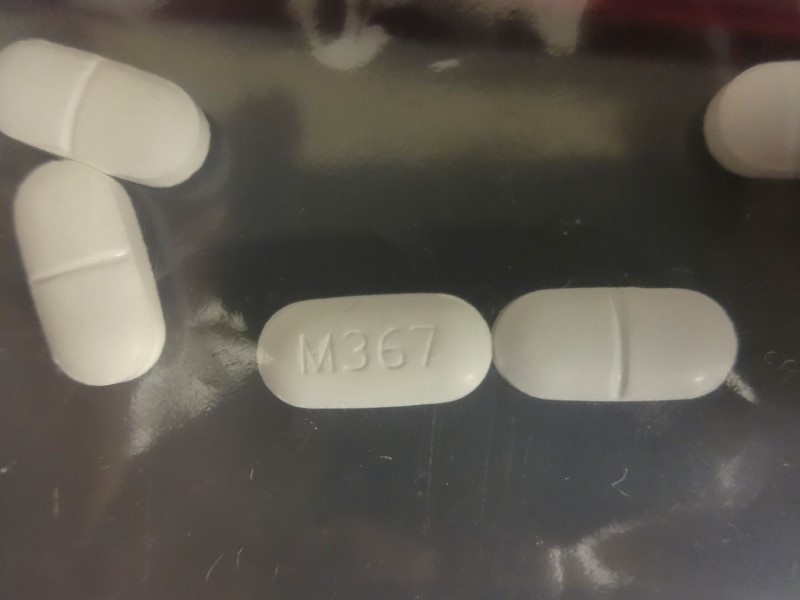By Julia Harte
WASHINGTON (Reuters) – Synthetic designer drugs, especially synthetic opioids like fentanyl implicated in the death of pop star Prince, pose an “unprecedented” threat for U.S. overdoses and deaths, especially among youth, the country’s top anti-drug official said on Tuesday.
The U.S. Drug Enforcement Administration has been cracking down on synthetic drugs since they began gaining popularity in 2010. But because each newly designed drug needs to be separately banned through a “clunky and cumbersome” process, the problem continues to spiral, DEA head Chuck Rosenberg told a U.S. Senate committee.
“For every one substance we’ve controlled, legislatively or administratively, there are 11 more out there that are uncontrolled,” Rosenberg said.
“We’re playing catch-up, and we need your help.”
Among commonly used designer drugs in the United States are synthetic cannabinoids that mimic marijuana, so-called bath salts that have effects similar to cocaine and methamphetamine and synthetic opioids including counterfeit painkillers.
Democratic Senator Dianne Feinstein suggested creating a committee to decide how to classify new synthetic drugs as they appear on the market.
“To me, it’s like Zika, and there’s a lot of effort going on now to speed up research. Here, we’ve got to speed up the ability to enforce,” Feinstein said at Tuesday’s hearing.
Rosenberg testified that the DEA has seen a particularly alarming rise in illicit use of the fentanyl, which a medical examiner recently identified as the drug that killed Prince.
More than 11 million people illegally consume prescription painkillers for non-medical purposes each year, and overdoses are likely to increase as fentanyl is introduced to that market, according to Rosenberg.
U.S. President Barack Obama earlier this year asked Congress for $1.1 billion in new funding over two years to expand treatment for users of heroin and prescription pain killers.
Fentanyl users typically first develop an addiction to prescription drugs, and then turn to fentanyl because it is cheaper, although fentanyl has a much higher potential for abuse and overdose.
Some illicit fentanyl distributors disguise the opiate as a prescription drug, said Michael Botticelli, the Obama administration’s top drug policy adviser, at Tuesday’s hearing.
Botticelli said the administration supports legislation that would broaden prosecutors’ ability to cite sales strategies as evidence when prosecuting synthetic drug manufacturers, especially manufacturers who claim their drugs are not intended for human consumption but clearly market them as such.
(Reporting by Julia Harte)


